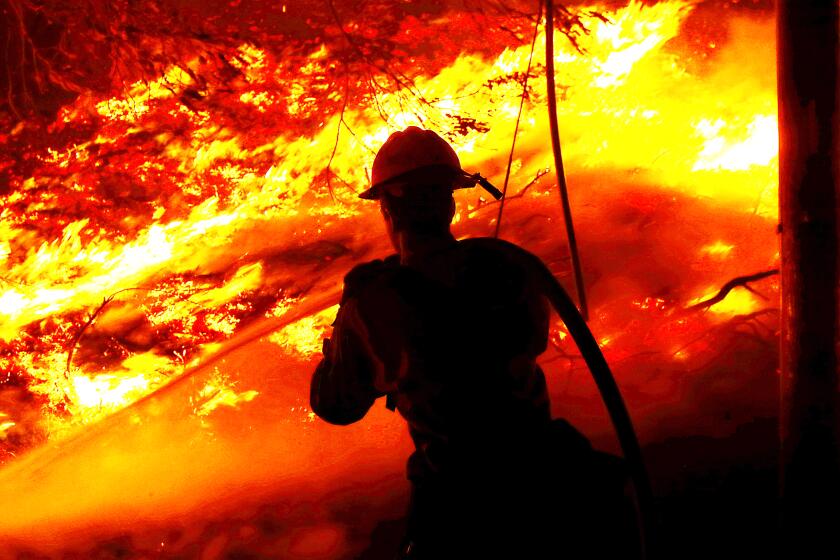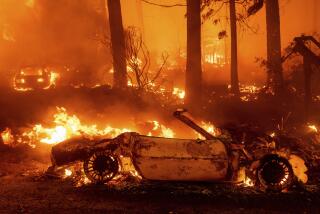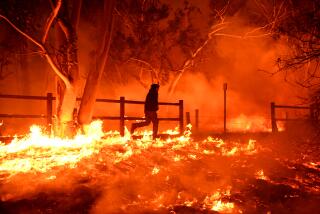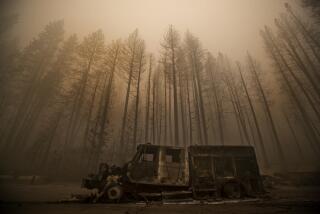As PG&E probation nears end, judge calls company a ‘continuing menace’
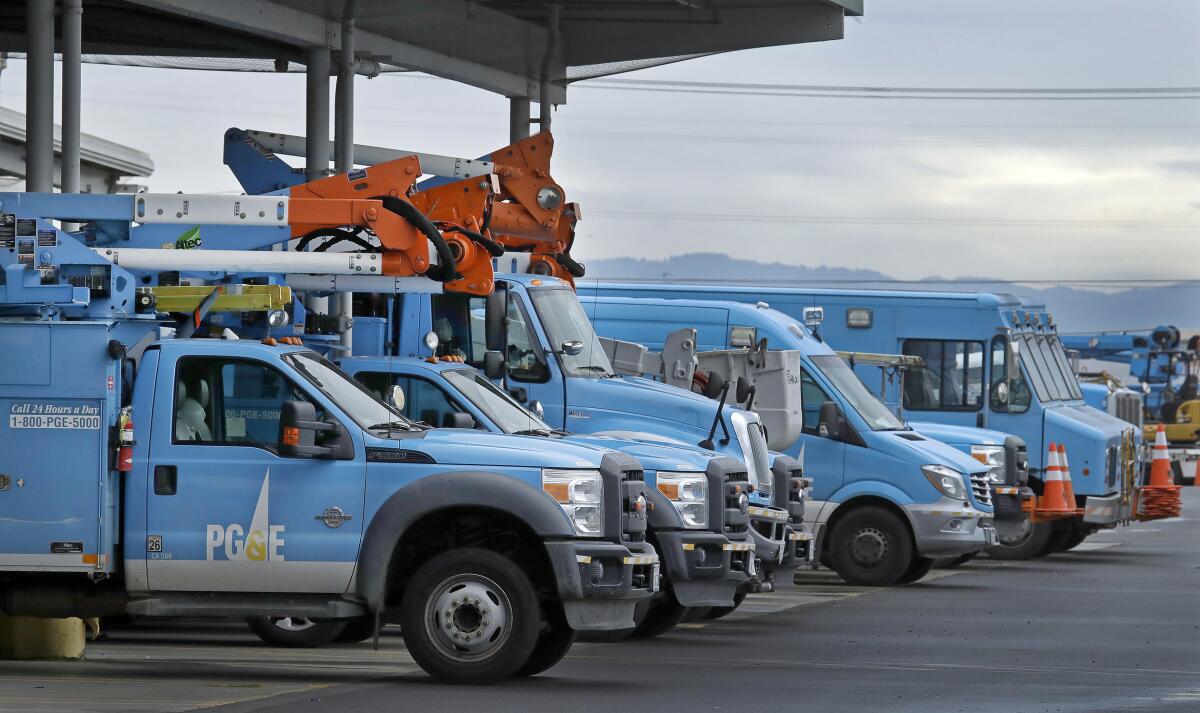
PG&E Corp. is ending a five-year felony probation as a “continuing menace to California,” a judge supervising the company said in his parting observations, noting the company went on a “crime spree” even as he tried to rehabilitate it.
“I must acknowledge failure,” U.S. District Judge William Alsup wrote in a scathing report Wednesday.
Alsup has overseen the utility’s probation since its conviction in 2016 of crimes tied to a 2010 natural gas pipeline explosion that killed eight people in a San Francisco suburb. The probation term is set to expire Jan. 25.
“While on probation, PG&E has set at least 31 wildfires, burned nearly one and one-half million acres, burned 23,956 structures, and killed 113 Californians,” Alsup wrote.
While some victims and company critics have urged the judge to extend the probation, Alsup said the U.S. attorney hasn’t asked for an extension and he will not do it on his own.
“In probation, with a goal of rehabilitation in mind, we always prefer that criminal offenders learn to accept responsibility for their actions,” Alsup wrote. “Sadly, during all five years of probation, PG&E has refused to accept responsibility for its actions until convenient to its cause or until it is forced to do so.”
PG&E said in a statement that it “has become a fundamentally safer company over the course of our probation.”
The utility acknowledged that it had more work to do and said a new leadership team is committed to safety. PG&E added that state regulators have set up a process to continue monitoring the company for five more years.
“Only about 10% of wildfire ignitions are caused by utility equipment. And we’re going to end that,” Patti Poppe says.
State fire officials have blamed the company’s power lines for sparking many of the largest wildfires in the state’s history, including the Camp, Butte, Kincade, Zogg and Dixie fires.
“We remain trapped in a tragic era of PG&E wildfires because for decades it neglected its duties concerning hazard-tree removal and vegetation clearance, even though such duties were required by California’s Public Resource Code,” the judge wrote.
Alsup said that PG&E’s practice of outsourcing tree trimming and vegetation clearance to independent contractors was one of the main reasons why the utility continued to spark wildfires. He recommended the company restrict or outlaw outsourcing, finding it led to sloppy inspection and clearance work.
Alsup also said the company should be broken up into two separate utilities, one to service high fire threat districts and the other for the rest of the state.
“Less sprawling utilities would be easier to train and to instill practices and procedures that truly put safety first,” Alsup said.
More to Read
Inside the business of entertainment
The Wide Shot brings you news, analysis and insights on everything from streaming wars to production — and what it all means for the future.
You may occasionally receive promotional content from the Los Angeles Times.
